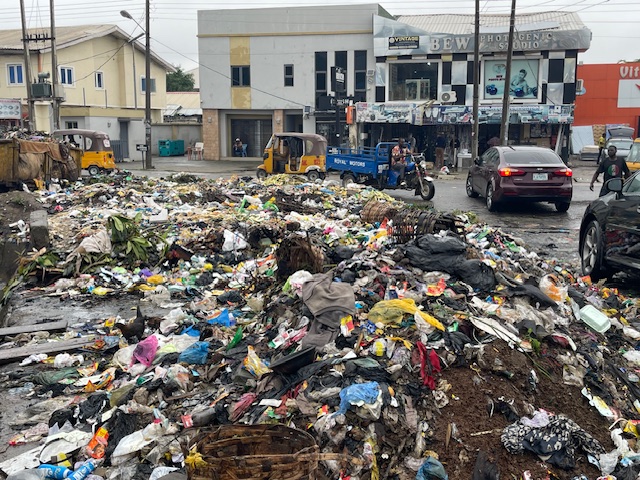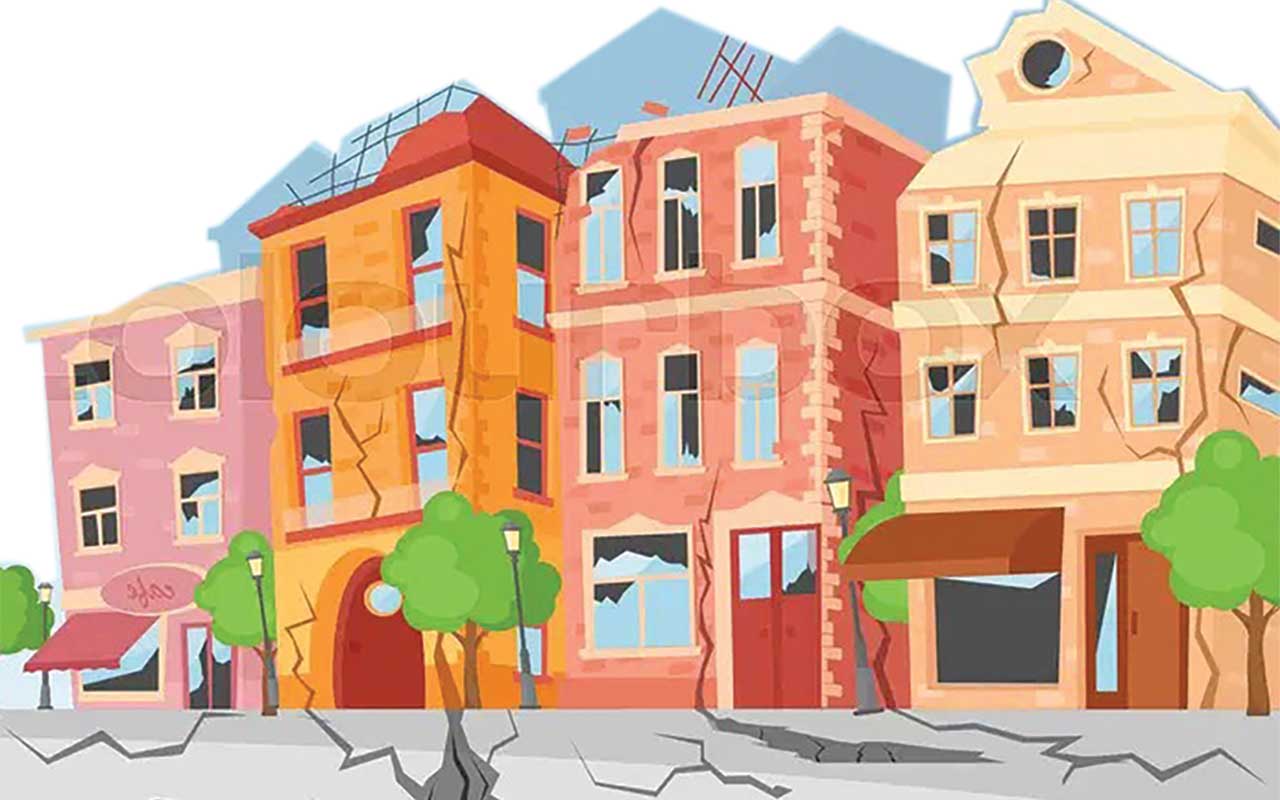 Nigeria is in the eye of the storm again, as fake International Certificate of Vaccination and Prophylaxis popularly known as ‘Yellow Card’ once again threatens its relationship with neighbouring countries. EMEKA ANUFORO and JOKE FALAJU in ABUJA report.
Nigeria is in the eye of the storm again, as fake International Certificate of Vaccination and Prophylaxis popularly known as ‘Yellow Card’ once again threatens its relationship with neighbouring countries. EMEKA ANUFORO and JOKE FALAJU in ABUJA report.
Faced with increasing embarrassment globally, Nigeria in 2013 launched a new International Certificate of Vaccination and Prophylaxis (Yellow Card).
Countries requiring proof of vaccination against yellow fever include Angola, Benin, Bolivia, Burkina Faso, Burundi, Cameroon, Central African Republic, Chad, Congo, Cote d’Ivoire, Democratic Republic of Congo, French Guiana, Gabon, Ghana, Liberia, Mali, Mauritania, Niger, Rwanda, DaoTome and Principe, Sierra Leone and Togo.
The new card was expected to end the embarrassment caused by the issuance of counterfeit Yellow Card from multiple sources.Therefore, the Federal Ministry of Health was mandated to produce the new card and phase out the old one six months after.
The decision followed a resolution by the National Council on Health (NCH) which had recommended that the Ministry should introduce card with advanced security features, centralize the production and distribute the cards through National Primary Health Care Development Agency (NPHCDA) to tally with Yellow Fever vaccines distributed.
The Ministry is also given the mandate to withdraw the old card within a period of six (6) months.
But three years later, The Guardian can confirm that the issuance of the old cards has continued in some of the nation’s international ports, particularly the Murtala Muhammed International Airport (MMIA), Lagos.
Sources familiar with the issue told The Guardian that absence of facilities for the delivery of Port Health Services inside the MMIA, Nigeria’s busiest Airports, is partly responsible for the development.
Unlike the other airports across the continent where the health service office is located within the airport, the Port Health Services for MMIA is located by the Toll Plaza, some 10 minutes away from the airport.
This situation makes it difficult for travelers to source for Yellow Card within the airport, creating a situation whereby travelers turn to peddlers of fake Yellow Cards.
For instance, at the Kotoka International Airport in Accra, passengers from Nigeria are made to show their Yellow Cards compulsorily, where officials of the Port Health Authority of Ghana Health Service easily spot the fake cards.
The Guardian’s investigation reveals that biggest culprits are Nigerians traveling from Lagos where the Port Health Services is a little distant to the airport. Anybody caught is made to obtain the vaccination and certificate at the cost of 40 Ghana Cedis or 15 Dollars. Nigerians who don’t have any of the listed currencies are asked to pay N3000. Once a passenger arrives the Ghana Health Service office, smiling officials collect the required amount; administer the vaccine and the certificate.
An official of the Port Health Authority at the Kotoka International Airport attempted to explain the difference between the fake and the original cards.
She told The Guardian that apart from the very thick yellow colour, the fake cards issued in Lagos usually carry the same card number.
“The batch number of the vaccine or prophylaxis is almost always the same.” The Guardian also observed that unlike the ones issued in the Ministry
of Health or Port Health Services at the Airport, the fake ones issued by touts in Lagos are not the World Health Organization (WHO) certified copies. But only a passenger who is familiar with the two can spot the difference.
At a recent trip to Accra, The Guardian observed that those who don’t have funds to finance the compulsory vaccination and certificate are made to drop any valuable like phone and allowed to go into the city and source money from friends, associates or hosts.
An average of four flights leaves Lagos to Accra every day.The International Certificate of Vaccination known has Yellow card is supposed to be a proof that one has had yellow fever vaccine and some countries require travelers to show proof of yellow fever vaccination before entering the country.
Usually, if a traveler travels without the yellow card, they are either returned back to their country (as was the case in the past) or made to compulsorily collect the card at a price.
The Guardian observed that the touts rove around the airports, plying the fake Yellow Card. They also make use of the cleaners or airline check-in officials as ‘agents’.
Once a desperate traveler indicates interest, the agent moves to a secret place, at times the toilet, where the two parties seal the ‘deal’. Fees charged range between N5000 and N3000.
“Once you agree on a price and present the data page of your international passport, the card is issued there and then, without any vaccination,” a victim said.
One of the issuing officers at the Ministry of Health said: “We know that fake Yellow Cards are issued to travelers at the airport but there is nothing we can do. It is our ‘ogas’(bosses) that are supposed to do something”.According to WHO, more than 200,000 cases of Yellow Fever are still reported every year with 15 percent of them progressing to a severe form of the illness.
Yellow Fever has no cure and the mortality in the severe forms of the disease can reach 50 percent. Yellow Fever vaccination is considered the most effective preventive measure against the disease. Forty-four countries, mostly in sub-Saharan Africa and tropical Latin America are considered endemic or at risk for Yellow Fever virus transmission.
Not long ago, the yellow card made news headlines as the source of a near diplomatic spat between Nigeria and South Africa. 125 Nigerians were inelegantly expelled from South Africa over an alleged forgery of the document.Usually, the International Certificate of Vaccination or Prophylaxis (ICVP) otherwise known as Yellow Card is mainly required for proof of vaccination when going to or from countries that are at risk for Yellow Fever. However, it is all used for recording all travel immunizations.
Primarily the yellow card is designed to fit into a passport, such that when given immunization, the health specialist fills out and signs the card. The health specialist validates the entry with an official stamp. It is approved by the WHO as the official document verifying that proper procedures were followed in administering vaccinations for foreign travel and is used to demonstrate receipt of required vaccinations for entry into foreign countries.
In the meantime the World Health Organization has stipulated that beginning from 11 July 2016 the period of validity of all such certificates of vaccination against yellow fever will change from 10 years to the duration of the life of the person vaccinated including for certificates already issued and new certificates.
Accordingly, as of 11 July 2016 valid certificates of vaccination presented by arriving travelers would no longer be rejected on the ground that more than ten years have passed since the date vaccination became effective as stated on the certificate, revaccination would not be required.
The Yellow card is used to record date and dose of all vaccinations received for foreign travel or medical exemption from receipt of required vaccinations, personal health history including drug allergies, current medications, prescriptions for eyeglasses or contact lenses.
In the case of Yellow Fever, the International Health Regulations allow countries to require proof of vaccination for entry and/or from travelers arriving from infected countries. Travelers arriving without a completed ICVP may be quarantined or refused entry unless submitting to onsite vaccination. Vaccines must be approved by WHO and administered at an approved yellow fever vaccination center.
A traveler is expected to receive a completed ICVP, signed and validated with the center’s stamp where the vaccine was given.But Minister of Health, Prof Isaac Adewole has heaped the blame for the flourishing fake cards business on the doorsteps of passengers.
When reminded that the Port Health Services in Lagos was slightly off the airport, he told The Guardian: “The Port Health Services has always been at the Toll Gate axis. The point is that nobody should wait until they want to travel before they collect their Yellow Fever Vaccination Card. You see, we take many things for granted. We fuel quackery in this country. The forms are available. Even if you look at our budget for this year, we have also put money there to print more.“Go and get it before you travel. When you don’t have it, then you are subjecting yourself to quackery.





